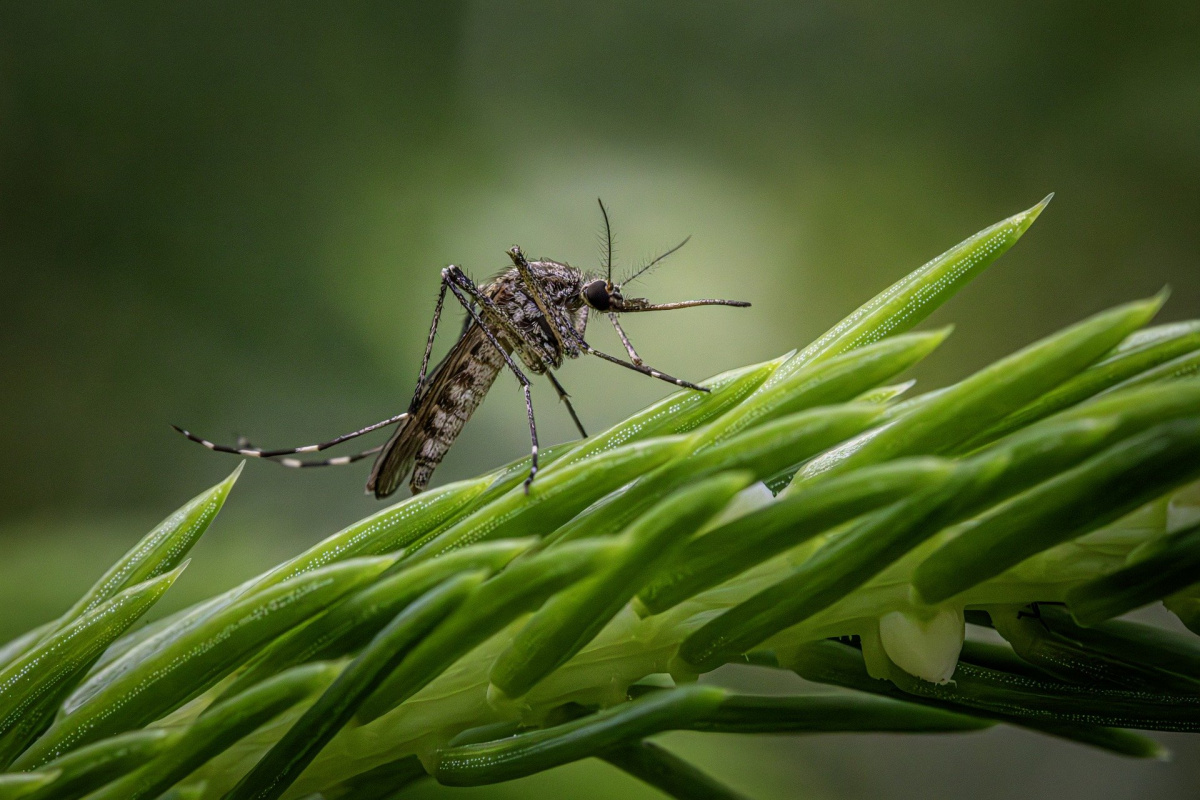

Greece has experienced a significant outbreak of the West Nile virus this summer, with 124 confirmed cases. Alarmingly,two-thirds of these cases were severe. According to official health data, patients exhibited difficult-to-treat symptoms such as meningitis, encephalitis, and acute paralysis. Unfortunately, 14 individuals succumbed to the disease.
The virus has spread to nine regions of Greece. Elderly individuals have been particularly vulnerable, with the highest mortality rate observed in the 60+ age group.
Dimitris Paraskevis, a professor of epidemiology and preventive medicine at the University of Athens, believes that the situation this year may mirror that of 2018 when Greece recorded 316 West Nile cases, resulting in 47 fatalities.
Epidemiologists attribute the increased prevalence of mosquitoes—the primary carriers of the virus—to the climate crisis.This crisis has led to year-round mosquito activity and a more severe form of the disease over time.
Statistical data reveals a significant shift in the disease's progression. In 2010, for every case of West Nile virus leading to central nervous system involvement, there were approximately 140 cases with mild symptoms. By 2024, the situation has drastically changed, with over two-thirds of infected individuals experiencing severe neurological symptoms.
The National Public Health Organization (EODY) has issued a warning about the escalating threat of the West Nile virus and urged the public to take necessary precautions. These include preventive treatment of territories, the use of mosquito repellents, wearing protective clothing in wooded and damp areas, and avoiding outdoor activities at night.
